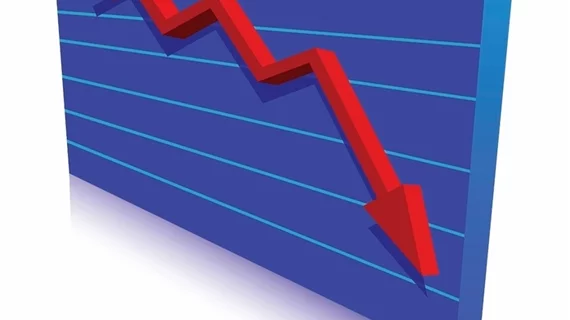Ultrasound may reduce unnecessary tumor biopsies, surgeries by half, study shows
Contrast enhanced ultrasound may be more accurate than CT or MRI imaging in identifying cancerous tumors in the kidneys and could reduce unnecessary biopsies and surgical procedures by half, according to research presented at the 2018 International Contrast Ultrasound Society (ICUS)’s Bubble Conference in Chicago from Sept. 6-7.
Richard Barr, MD, a professor of radiology at Northeast Ohio Medical University and a member of the ICUS board of directors, led the 10-year study according to an ICUS press release published Sept. 7.
Barr and colleagues examined 721 patients with a total of 1,000 kidney masses for up to 10 years while undergoing contrast enhanced ultrasound exams. Over the course of a decade following the imaging exams, 51 percent of patients did not need to have supplement biopsies, surgeries or follow-up examinations.
Additionally, in a subgroup of patients thought to have a high risk of malignancy, contrast enhanced ultrasound found 78 percent of the tumors to not be malignant.
In another subgroup of patients believed to have a 100 percent chance of malignancy, 38.7 percent of the kidney masses were found to be nonmalignant and surgery was avoided, according to the release.
Barr also noted that contrast enhanced ultrasound exposes patients to no radiation—eliminating the risk of kidney or liver damage—and offers real time imaging to immediately assess a tumor’s blood flow and determine whether it is malignant.

